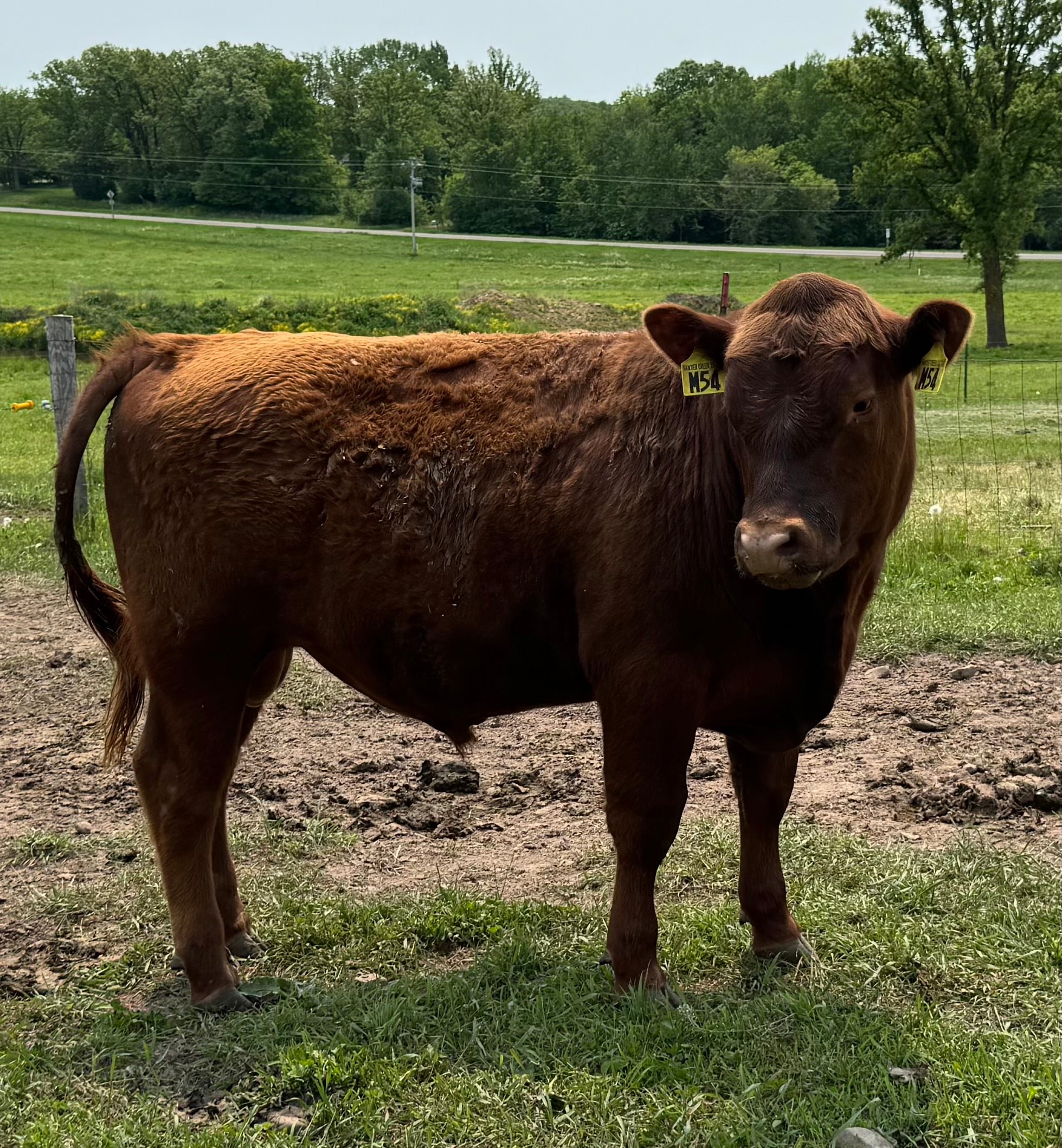The Benefits of Eating Pasture-Raised Pork Over Commercially Raised Pork
When it comes to choosing pork, you may not realize there’s a big difference between pasture-raised and commercially raised pork. While both are great sources of protein, pasture-raised pork offers several health, environmental, and ethical benefits that might make it the better choice for you and your family.
Better Nutrition
Pasture-raised pork has a better nutritional profile. Pigs raised on pasture are able to roam freely and eat a natural diet that includes grasses, seeds, and insects. This gives their meat higher levels of omega-3 fatty acids, which are good for your heart, as well as more vitamin E, which is great for your immune system. At Sawyer Creek, we care about offering the healthiest options, and pasture-raised pork is a perfect example of this. Choosing better nutrition helps you live a healthier life.
Healthier Fat Profile
The fat in pasture-raised pork is also healthier. These pigs have a diet that’s closer to what they would eat in the wild, which means their meat is higher in good fats (monounsaturated fats) and lower in bad fats (omega-6). Commercially raised pigs, on the other hand, are often fed grain-based diets that result in higher omega-6 fats, which can lead to inflammation in the body. By choosing pasture-raised pork, you’re making a better choice for your health and well-being.
Better Taste and Texture
Many people find that pasture-raised pork tastes better. The meat is firmer and has a richer, more natural flavor. That’s because the pigs are allowed to eat a variety of foods and engage in natural behaviors like rooting and grazing, which contribute to their health and the quality of the meat. If you’ve never tried pasture-raised pork before, you might be surprised by the difference in taste! At Sawyer Creek, we’re proud to offer pork that’s as flavorful as it is nutritious.
Animal Welfare Considerations
At Sawyer Creek, we believe in treating our animals with care and respect. Pasture-raised pigs have more space to move, root around, and live in a more natural environment. This makes for healthier, happier animals, and it’s something we’re really proud of. In contrast, many commercially raised pigs are kept in small pens or crates with little room to move. By choosing pasture-raised pork, you’re supporting better animal welfare and helping animals live more natural, comfortable lives.
Environmental Impact
Pasture-raised farming is also better for the environment. Rotational grazing helps keep the soil healthy and reduces the impact on the land. It also helps capture carbon in the soil, which can reduce the overall carbon footprint. At Sawyer Creek, we believe in sustainable farming practices that benefit both the land and the animals. Choosing pasture-raised pork not only supports your health but also supports better practices for the environment.
Fewer Added Chemicals
Another reason to choose pasture-raised pork is that it’s less likely to contain added chemicals or preservatives. Commercially raised pork often has preservatives to keep it fresh longer, but pasture-raised pork from farms like Sawyer Creek is cleaner and more natural. By choosing pork without these added chemicals, you’re making a better choice for your body.
Why It Matters to You
At Sawyer Creek, we believe that what you put into your body matters. Choosing pasture-raised pork helps you eat healthier, support more sustainable farming practices, and care for the environment. When you choose meat that is raised responsibly, you’re not only taking care of your own health, but you’re also supporting a system that values animal welfare and environmental sustainability. It’s all part of our mission to offer you and your family the best, healthiest food possible.
Sources:
-
Harrison, R. "Animal welfare and the ethics of farming." Journal of Agricultural Ethics, 2019.
-
Johnson, L. "The taste test: Why pasture-raised pork is superior." Culinary Science Review, 2018.
-
Keller, J. "Omega-3 fatty acids in pork: A comparison of pasture-raised versus commercial varieties." Meat Science Journal, 2019.
-
Schnabel, M. "Nutritional differences in pasture-raised and commercially raised pork: A comparative study." Nutritional Science Journal, 2020.
-
Smith, D. "Sustainable farming practices: The environmental benefits of pasture-raised pork." Environmental Sustainability Journal, 2020.
